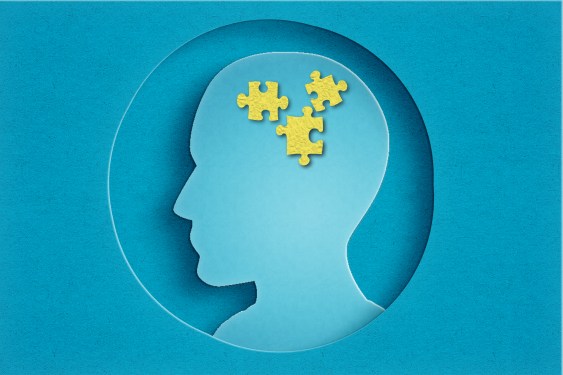The Growing Momentum in Autism-Focused Healthcare
According to the Centers for Disease Control and Prevention (CDC), one in 36 children in the United States has autism. Research has shown that early diagnosis is crucial for improving developmental outcomes, and EarliTec Diagnostics is at the forefront of this effort.
Early Diagnosis: The Key to Better Outcomes
EarliTec Diagnostics, an Atlanta-based startup, has developed a system that enables clinicians to diagnose children as young as 16 months old. The company’s FDA-authorized approach involves a child watching short videos and engaging in social interactions on a screen for 12 minutes while the device uses artificial intelligence (AI) to track their eye movements.
The Difference Between Children with Autism and Those Without
According to EarliTec, children with autism tend to focus differently on the video compared to those without the condition. This difference is what sets EarliTec’s technology apart from traditional diagnosis methods, which can take up to three or four hours and often involve lengthy waitlists.
The Need for Faster Diagnosis
EarliTec Diagnostics CEO Tom Ressemann emphasizes the importance of a quicker diagnosis in helping clinicians work with more children. "You have to be able to work into their current workflow," he explains. "So, with a test like ours that is flexible where you access it, it could be at the child’s home, it could be at a clinic or a school, it’s a tablet, we can work into most workflows."
The Benefits of Early Diagnosis
A quicker diagnosis not only benefits the child and their parents but also enables clinicians to provide more effective treatment options. EarliTec plans to use its fresh capital to continue expanding its commercialization efforts and improve assessment and treatment options for children with autism.
A Growing Interest in Autism-Focused Healthcare
The recent $21.5 million Series B round co-led by Nexus NeuroTech Ventures and Venture Investors marks a significant milestone for EarliTec Diagnostics. This investment is part of a growing trend in venture capital interest in autism-focused healthcare startups.
Why VCs Are Taking Notice
According to Ressemann, the attraction to this space lies in the size and magnitude of the problem. "Where there is a large unmet need, there is often interest to get into that," he notes. The total addressable market for autism treatment and diagnosis is substantial, making it an attractive opportunity for investors.
The Potential Impact
With more money flowing into startups like EarliTec Diagnostics, there is potential for significant positive change in the lives of children with developmental delays and disorders. As Ressemann aptly puts it, "More money going into startups like this that can help children with developmental delays and disorders, and that can make VCs money, seems like a great strategy to make a return while directly improving people’s lives."
Conclusion
The growing momentum in autism-focused healthcare is a promising development for both investors and the individuals who will benefit from these innovations. As EarliTec Diagnostics continues to push the boundaries of early diagnosis and treatment, we can expect to see more startups follow suit, driven by the potential for significant social impact and financial returns.
Related Topics
- Autism
- Biotech & Health
- Deal Dive
- Georgia
- Startup
- Startups
- United States
- Venture
- Venture Capital
About the Author
Rebecca Szkutak is a senior writer at TechCrunch, covering venture capital trends and startups. She previously covered the same beat for Forbes and the Venture Capital Journal.
Subscribe to TechCrunch
Stay up-to-date on the latest news in technology and innovation by subscribing to TechCrunch’s daily newsletter, which delivers the biggest tech stories directly to your inbox every weekday and Sunday.




